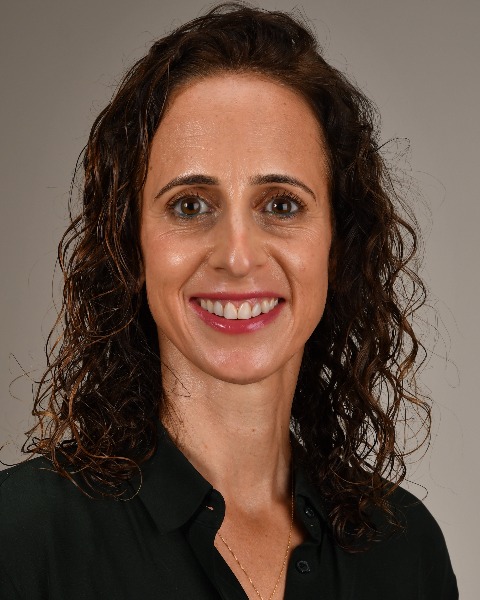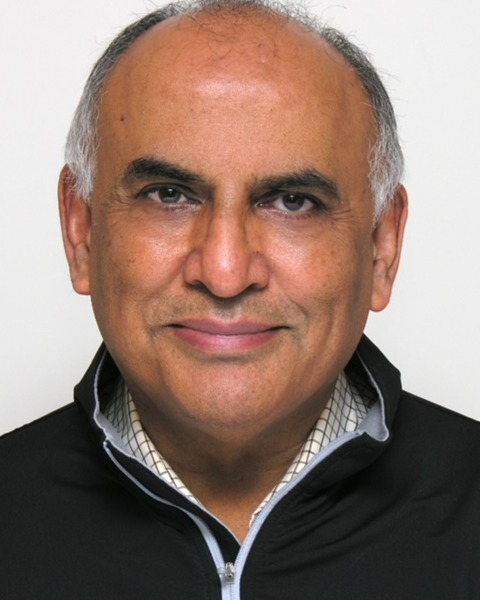Poster Session 1
(313) Intrahepatic Cholestasis of Pregnancy: Outcomes with Subsequent Pregnancy

Keren Zloto, MD
Sheba Medical Center
Ramat Gan, HaMerkaz, Israel
Michal Fishel Bartal, MD (she/her/hers)
Maternal Fetal Medicine Faculty
UTH Houston & Sheba Medical Center Israel
Houston, TX, United States
Abraham Tsur, MBA, MD (he/him/his)
Director of The Women's Health Innovation Center
Sheba Medical Center, Ramat Gan, Tel Hashomer, Israel
Ramat Gan, HaMerkaz, Israel- SM
Shali Mazaki-Tovi, MD
Vice Chairman
Department of Obstetrics and Gynecology, Sheba Medical Center, Tel HaShomer
Ramat Gan, HaMerkaz, Israel - RY
Rakefet Yoeli-Ullman, MD
Sheba Medical Center
Ramat Gan, HaMerkaz, Israel - KO
Keren Ofir, MD
Sheba Medical Center
Ramat Gan, HaMerkaz, Israel - SB
Sonya Bar-Adon, MD
Physician
Sheba Medical Center
Ramat Gan, HaMerkaz, Israel 
Hila Lahav Ezra, BSc, MD (she/her/hers)
Sheba Medical Center
Ramat Gan, HaMerkaz, Israel
Suneet P. Chauhan, MD
Director of MFM Research
Delaware Center of Maternal-Fetal Medicine at Christiana Care
Delaware, Delaware, United States
Baha M. Sibai, MD
Professor
McGovern Medical School at UTHealth Houston
Houston, Texas, United States
Nimrod Dori-Dayan, MD (he/him/his)
Sheba Medical Center
Ramat Gan, HaMerkaz, Israel
Coauthor(s)
Submitting Author and Presenting Author(s)
Data regarding the counseling of pregnant people with prior intrahepatic cholestasis of pregnancy (IHCP) on subsequent pregnancy outcomes are based on a questionnaire survey (Williamson, BJOG 2004) and a subgroup analysis of 4 patients (Gonzalez, Journal of Hepatology, 1989). Our objectives were to ascertain the recurrence risk of IHCP (rIHCP), evaluate potential risk factors for rIHCP and adverse outcomes in subsequent pregnancy.
Study Design:
This was a retrospective study conducted at a tertiary care center between 2012 and 2024. We included individuals with a history of IHCP and a subsequent documented pregnancy. Individuals with multiple gestation were excluded. The recurrence rate of IHCP maternal and neonatal outcomes were evaluated. Multivariable regression models were used to estimate odds ratio (OR) and 95% confidence interval (95% CI) for rIHCP.
Results:
During the study period, 303 individuals had a history of IHCP and a documented subsequent pregnancy with 264 (87%) meeting eligibility criteria. Median gestational age at prior delivery of 37.4 (IQR 37, 38.4), with 67 individuals (26%) delivered preterm ( < 37 weeks). Overall, IHCP reoccurred in 35% (95% CI 29-41%) of pregnancies, with 17% having preterm birth. History of in vitro fertilization (4.3% vs 14.6%, OR 0.26, 95%CI 0.08, 0.84) at first pregnancy was related to a lower recurrence rate for IHCP. Elevated liver enzymes at first pregnancy (OR 2.47, 95%CI 1.34, 4.54) and history of IHCP < 34 weeks were associated with a higher rate of rIHCP (OR 2.13, 95% CI 1.17,3.8).
Conclusion:
Approximately 1 in 3 individuals with IHCP will develop IHCP in subsequent pregnancy. IHCP onset at < 34 weeks and elevated liver enzymes at first pregnancy were associated with a higher rate of recurrence. This information can be used for counseling and management of such pregnancies, for guidelines and planning trials.

